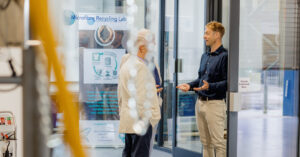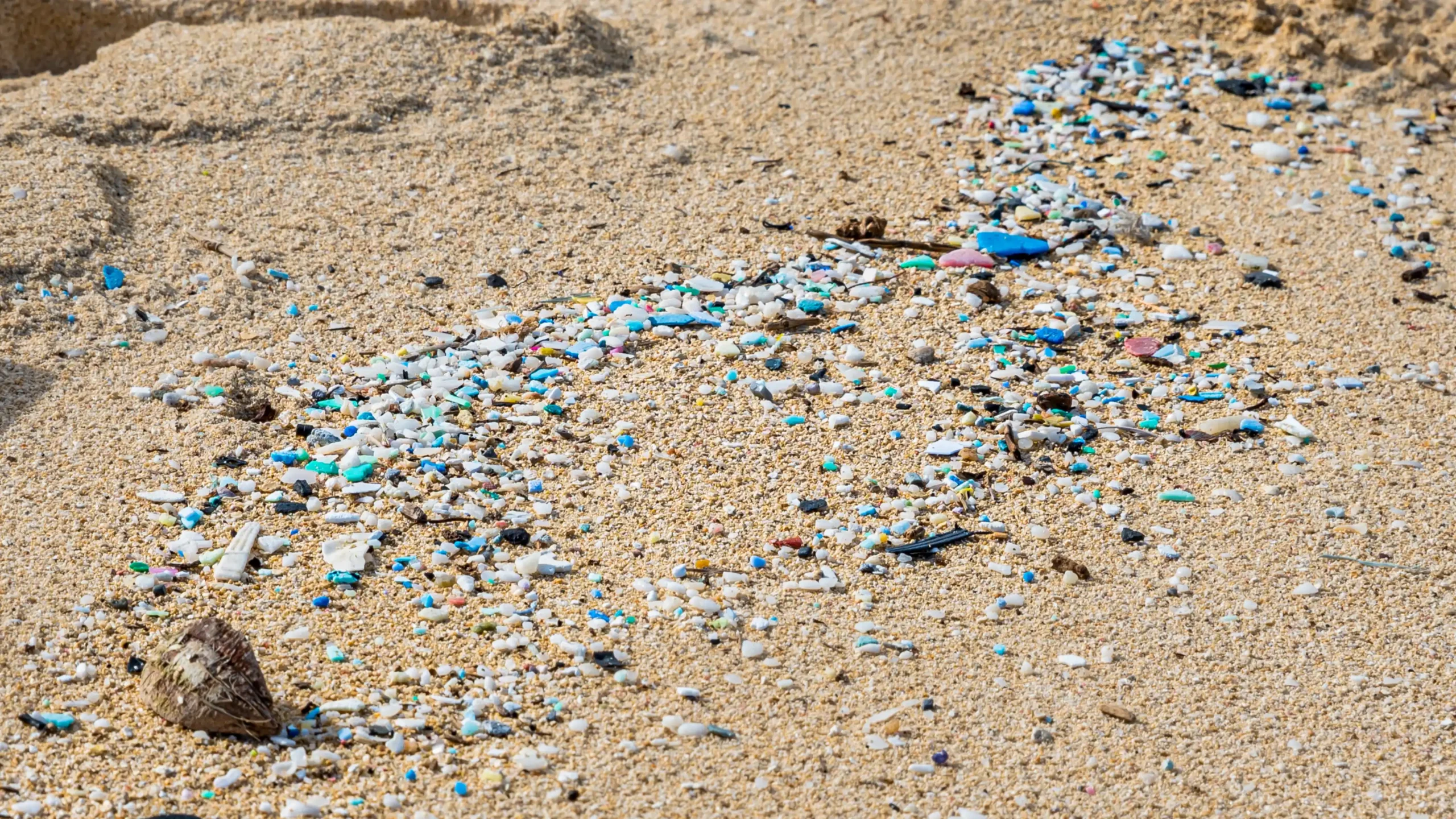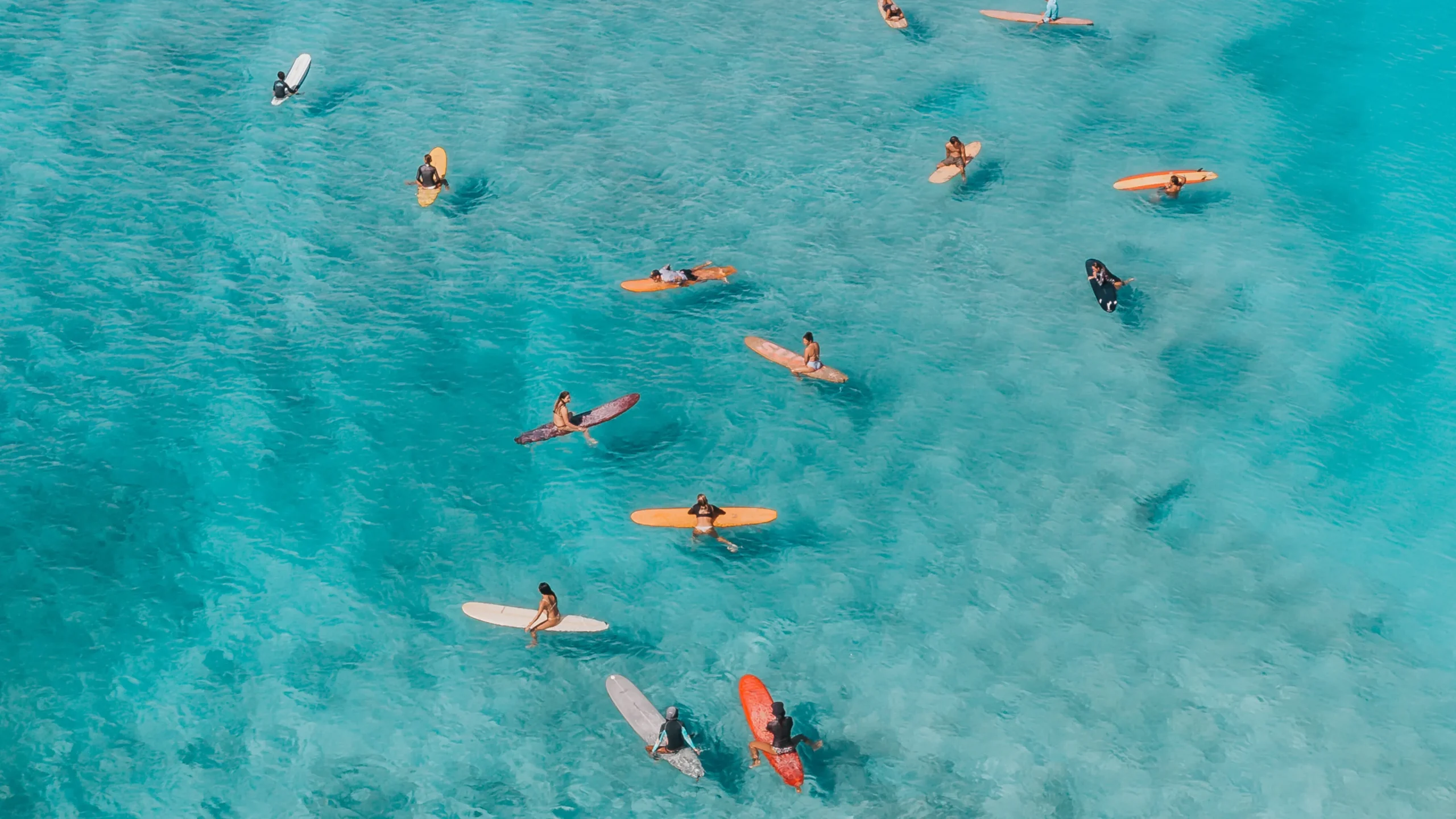
The Next Chapter for Cleaner Seas Group: Opening the World-First Microfibre Recycling Centre.
After years of planning, problem-solving and a fair bit of Cornish grit, we’ve finally done...

Microplastic pollution is one of the most pressing environmental challenges of our time. The Women’s Institute (WI), through its End Plastic Soup campaign, and the All-Party Parliamentary Group (APPG) on Microplastics, are at the forefront of efforts to address this issue. Together, they are championing innovative research, raising public awareness, and advocating for legislative solutions to combat microplastic pollution at its source.
The WI, the UK’s largest women’s voluntary organisation, launched the End Plastic Soup campaign in 2017 to tackle microplastic fibres released from synthetic textiles during washing. These fibres often evade filtration systems, entering rivers, oceans, and the food chain. The campaign has three core objectives:
Notably, WI members are urged to contact their MPs and advocate for policies such as mandatory microfibre filters in washing machines and better monitoring of wastewater treatment facilities. This grassroots activism exemplifies the WI’s historic commitment to environmental protection.
The All-Party Parliamentary Group on Microplastics was established to bring together policymakers, scientists, and stakeholders to address microplastic pollution comprehensively. Chaired by Alberto Costa MP, the APPG focuses on legislative solutions and cross-sector collaboration.
The APPG also works closely with organisations like the WI to amplify the voices of concerned citizens and provide evidence-based recommendations to Parliament.
The efforts of the WI and APPG are already influencing government policies. The UK Government is considering introducing legislation to mandate microfibre filters in washing machines by 2025. Meanwhile, ongoing research aims to identify additional measures, such as incentives for sustainable fashion brands and stricter regulations on wastewater discharge.
Both groups envision a future where microplastic pollution is significantly reduced through a combination of innovation, education, and legislation. Achieving this goal will require cooperation across industries, governments, and communities.
Microplastic pollution poses serious threats to marine ecosystems, wildlife, and potentially human health. Studies reveal that microplastics are ingested by aquatic organisms, disrupting feeding behaviours and reproductive cycles. Alarmingly, microplastics have also been detected in drinking water, air, and human tissues, raising concerns about long-term health impacts.
By tackling microplastic pollution at its source, the WI and APPG aim to protect the planet for future generations. Their collaborative approach demonstrates the power of grassroots activism combined with legislative advocacy.
Combatting microplastic pollution requires collective action. Here are some steps you can take:
Together, we can turn the tide on microplastic pollution and protect our oceans, waterways, and communities. For more information, visit the WI’s End Plastic Soup campaign page
Get monthly ocean news, offers, events and updates on our mission.
By clicking subscribe, you agree to our Terms and Conditions.
